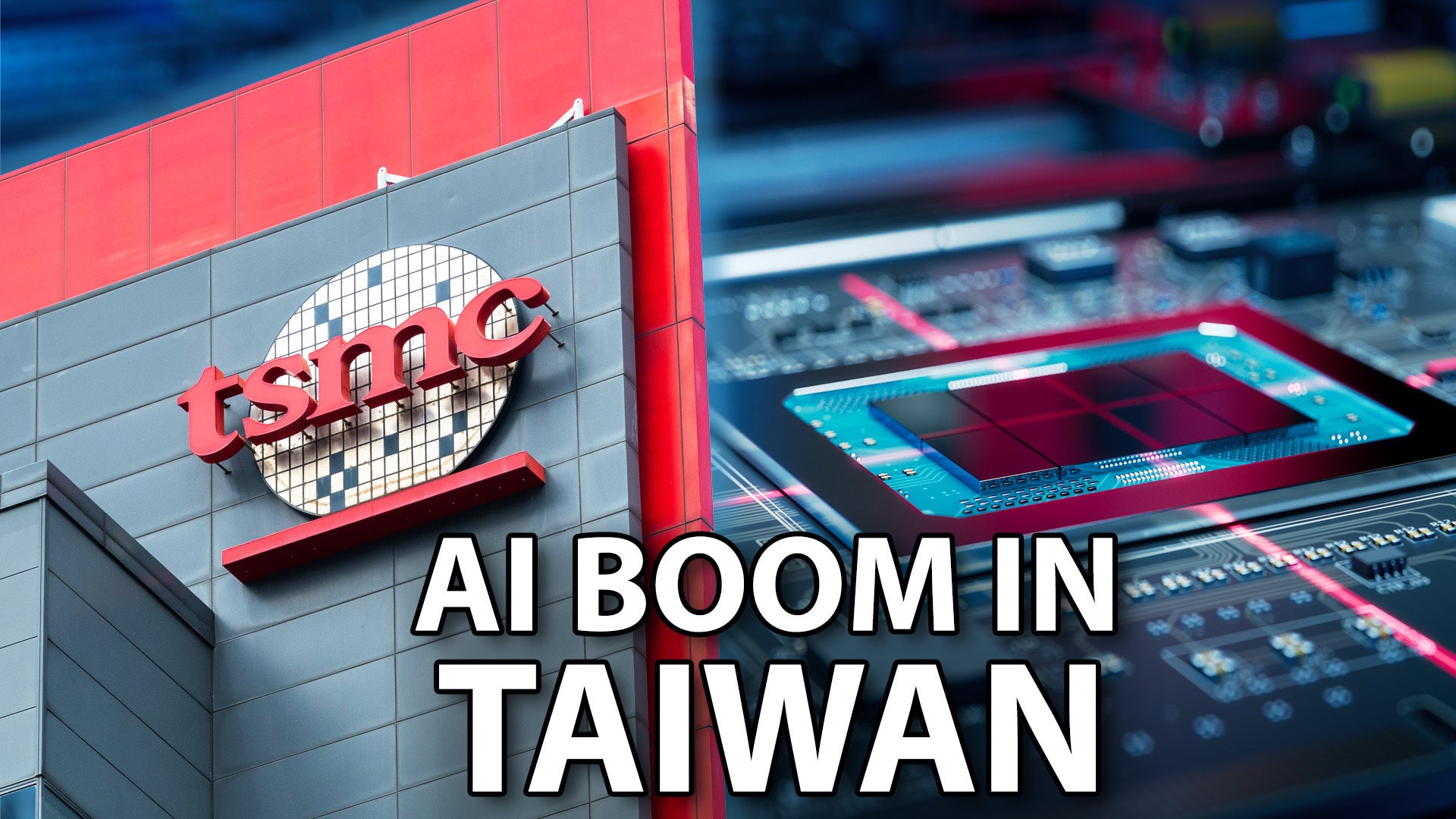Chipmaking giant TSMC expects to pocket even more AI profits
Taiwan Semiconductor Manufacturing Company said it's keeping its plans to spend up to $32 billion this year

The world’s most important semiconductor foundry predicted its second-quarter sales can rise by up to 30% — higher than projected — amid an AI boom driven by its customers including Nvidia and Apple.
Suggested Reading
Taiwan Semiconductor Manufacturing Company (TSMC) said it expects second quarter revenue to be between $19.6 billion and $20.4 billion, beating estimates of $19.1 billion. It also said it will keep its plans to spend up to $32 billion this year, a majority of which will go toward advanced technologies, amid high demand for chips in the AI industry.
Related Content
“Our business in the first quarter was impacted by smartphone seasonality, partially offset by continued HPC-related demand,” Wendell Huang, senior vice president and chief financial officer of TSMC, said in a statement. “Moving into second quarter 2024, we expect our business to be supported by strong demand for our industry-leading 3nm and 5nm technologies, partially offset by continued smartphone seasonality.”
TSMC chief executive C.C. Wei said the chipmaker is working with many AI companies “to address the insatiable AI-related demand for energy efficient computing power,” in a first-quarter earnings call, Reuters reported. However, Wei said TSMC would revise its expectations for semiconductor market growth (minus memory chips) down for 2024, and cut his growth predictions for foundries, Bloomberg reported.
“AI demand remains strong, but smartphone and PC application recovery is slowing,” Jeffries analysts said in a note about TSMC’s first quarter results.
Earlier this month, TSMC reported sales of NT$592.6 billion, or $18.5 billion, for January through March — a 16.5% year-over-year increase in its March-quarter revenue, and its fastest monthly sales growth since 2022. It also beat revenue expectations of NT$579.5 billion, or $18.1 billion.
TSMC received $6.6 billion in U.S. CHIPS and Science Act funding for its first major U.S. chipmaking hub in Phoenix, Arizona at the beginning of April. TSMC already has two chipmaking facilities in Arizona expected to begin production in 2025 and 2028, and will use some of the new funding to build a third facility, increasing the company’s investment from $40 million to $65 million, the Biden administration said.